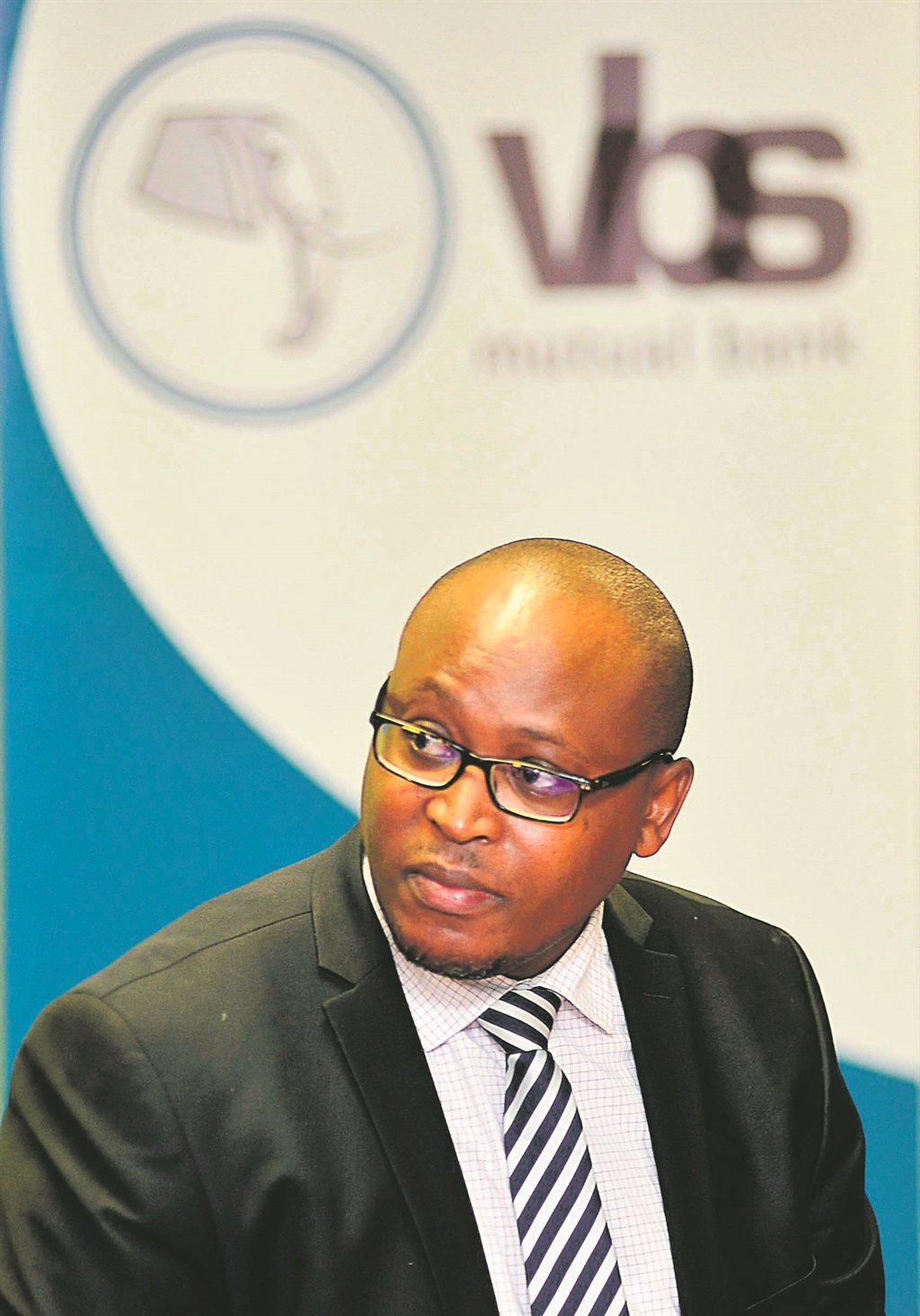
An insurance group fighting liquidation and conflicting claims made in court papers are just some of the latest revelations
An insurance group destroyed by its exposure to VBS Mutual Bank is going into liquidation – potentially destroying any hope of recovering R86 million in policies belonging to more than 63 000 truck drivers.
The Transport Sector Retirement Fund (TSRF) is the last major client of Bophelo Insurance Group (BIG), which last year lost R114 million it had invested at VBS, instantly rendering it insolvent.
Startling and conflicting claims about dodgy deals and disappearing millions have now been made in court papers, with even the ownership of Bophelo seemingly being contested.
Bophelo was 70% owned by Vele Investments, the owner of VBS, and apparently got raided to plug the hole Vele had created in VBS’ books until the whole group collapsed.
In April last year, Bophelo was already barred from conducting any new insurance business.
Curators were appointed in October after recapitalisation attempts failed, and now the Prudential Authority has brought a liquidation application before the Pretoria High Court because there is “no reason for its continued existence”.
The authority is the division of the SA Reserve Bank tasked with regulating banks and insurers.
The TSRF is, however, opposing the liquidation, as is Lebashe Investment Group, a company that had bought 70% of Bophelo from Vele for R1 last year and briefly lent it R100 million before reclaiming its money, leaving Bophelo still insolvent.
The loan was withdrawn after it became clear that Vele might get liquidated and the money in Bophelo might not be safe.
Not everyone is convinced that the R1 deal actually went through.
In an affidavit submitted by Suzette Vogelsang, the head of banking, insurance and financial market infrastructure supervision at the Prudential Authority, she says the regulator did not know the “full details” of the Lebashe deal.
She also suggests that Bophelo was prejudiced by unnamed “void and impeachable transactions”, but adds that only liquidators would have the power to investigate malfeasance.
The Lebashe deal may be “one of the matters that a liquidator, if appointed, may need to investigate,” says Vogelsang.
WHO OWNS IT?
Crucially, Vogelsang claims that a report received from Lebashe itself in October last year indicated that it “never took transfer of the shares” from Vele.
Lebashe, however, maintains in court papers filed on March 7 this year that it acquired the 70% in Bophelo last year alongside the loans that were later reversed, and that it remains the “majority shareholder”.
But last week, Lebashe did an about-turn again and told City Press that “following a due diligence exercise and lengthy negotiations, Lebashe was not agreeable with the terms and opted to walk away from the transaction”.
Regarding its attempt to stop the liquidation of Bophelo, Lebashe said it remains an interested party not because it is the majority owner, as its court papers say, but rather, because it is still owed R19 million of the money it lent to Bophelo.
As security for this money, Lebashe is supposed to receive shares in Bophelo’s subsidiary, Bophelo Life Insurance.
The structure of the loan was that Lebashe gave money to BIG – and BIG, in turn, lent the money to its subsidiaries.
“Lebashe remains as interested parties because they did not receive the full payment of the shares which were tendered as security for the loan,” the company said.
Countering Vogelsang’s claim that the Prudential Authority did not know the details of the Lebashe-Bophelo deal, the company said, via email, that the deal was done “with the knowledge of the regulatory bodies, who were supportive of Lebashe and the process of rescuing the business”.
HIGH STAKES
The minority investor in Bophelo is the Public Investment Corporation (PIC) with a 30% stake, which it has written off after previously valuing it at R82 million.
Bophelo is one of a handful of companies in which the PIC itself has a share, as opposed to it investing other funds – such as government pensions – in companies, meaning pensioners are not affected.
The party with the most to lose is the TSRF, which is now the largest creditor of Bophelo with its R86 million claim for premiums already paid on behalf of members.
It wants to stop the liquidation and make the curators rather consider an offer to recapitalise Bophelo by 3Sixty Financial Services, a subsidiary of the National Union of Metalworkers’ investment company.
The only other comparable fund that had money at Bophelo, the Private Security Sector Provident Fund, pulled out as soon as the writing was on the wall.
The TSRF, however, kept its members’ money at Bophelo to the end.
In an affidavit, its principal officer, Johannes Letswalo, said that the TSRF stayed at Bophelo because it believed that a turnaround effort was still under way and that 3Sixty would come to the rescue.
An offer allegedly made by 3Sixty was “unfairly rejected”, he said.
The TSRF also said that the withdrawal by Lebashe of its R100 million loan was “unlawful”.
 |
| ||||||||||
| |||||||||||
24.com publishes all comments posted on articles provided that they adhere to our Comments Policy. Should you wish to report a comment for editorial review, please do so by clicking the 'Report Comment' button to the right of each comment.